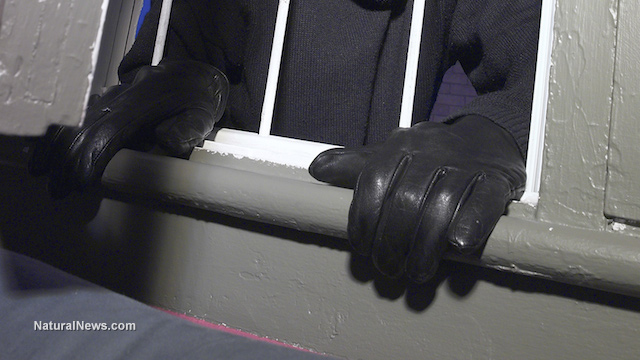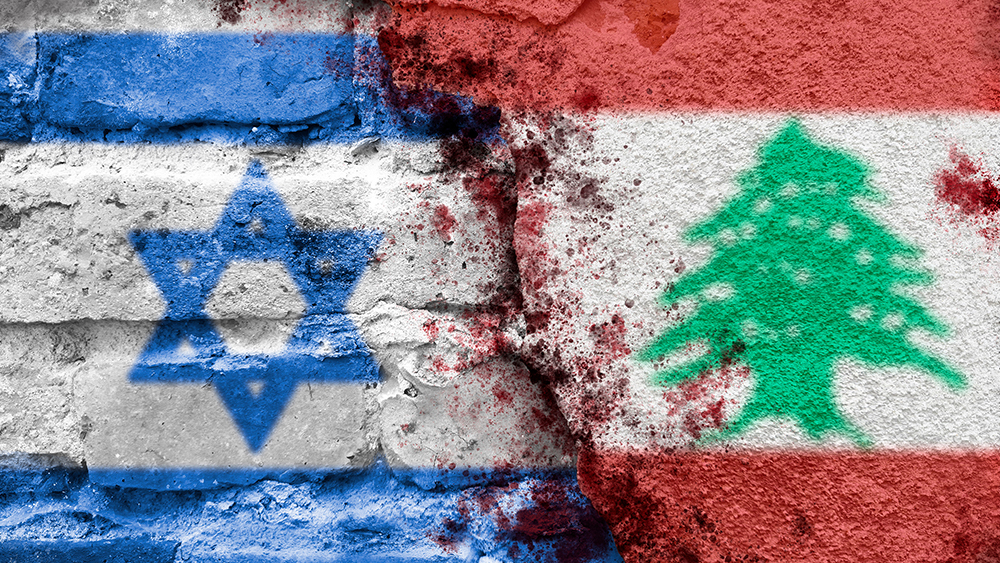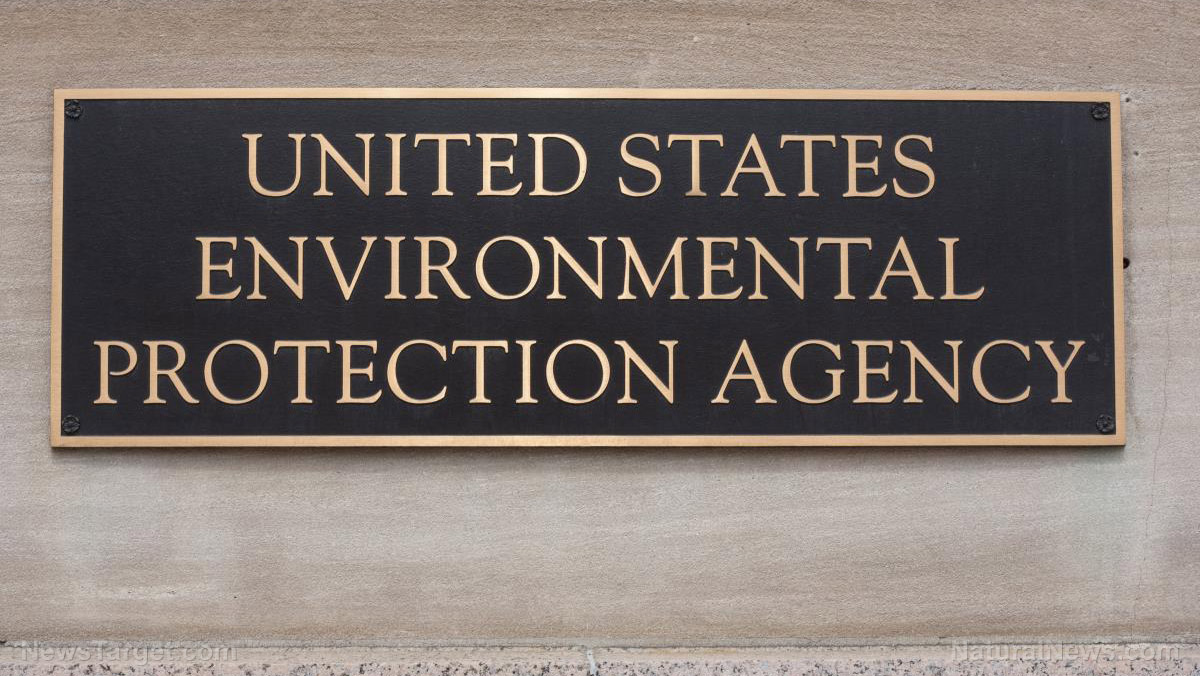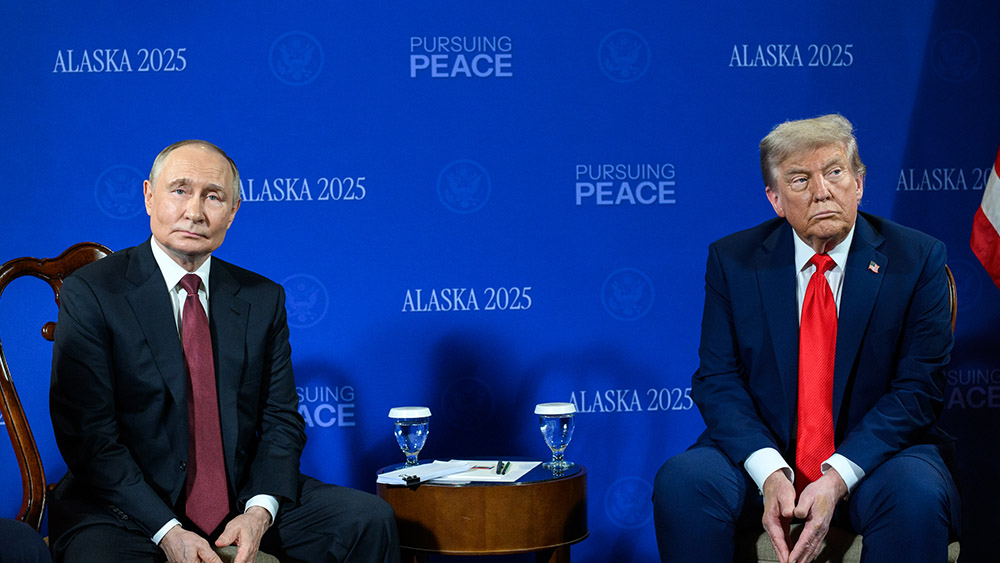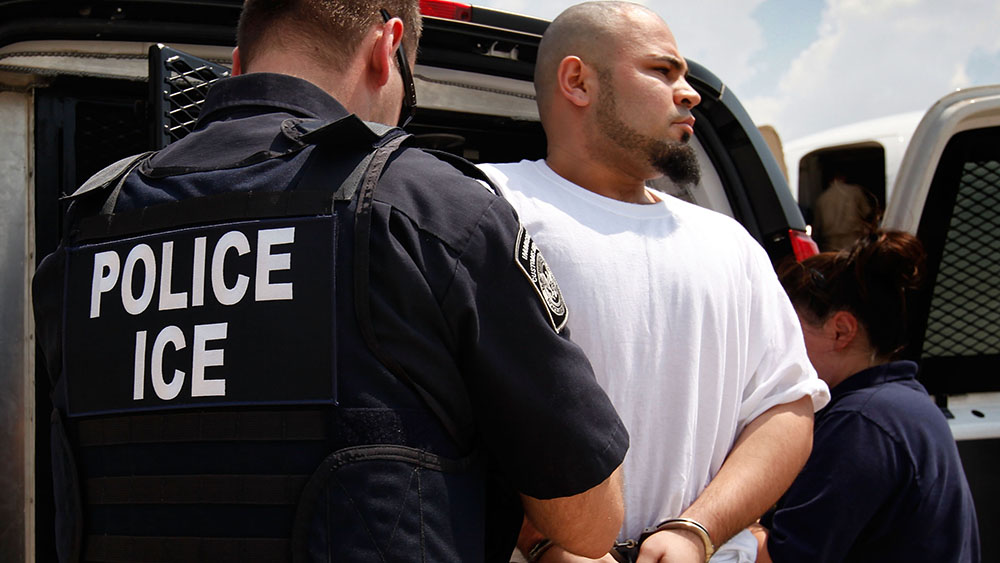As hostages are freed, a Florida teenager languishes in an ISRAELI MILITARY PRISON
10/21/2025 / By Lance D Johnson
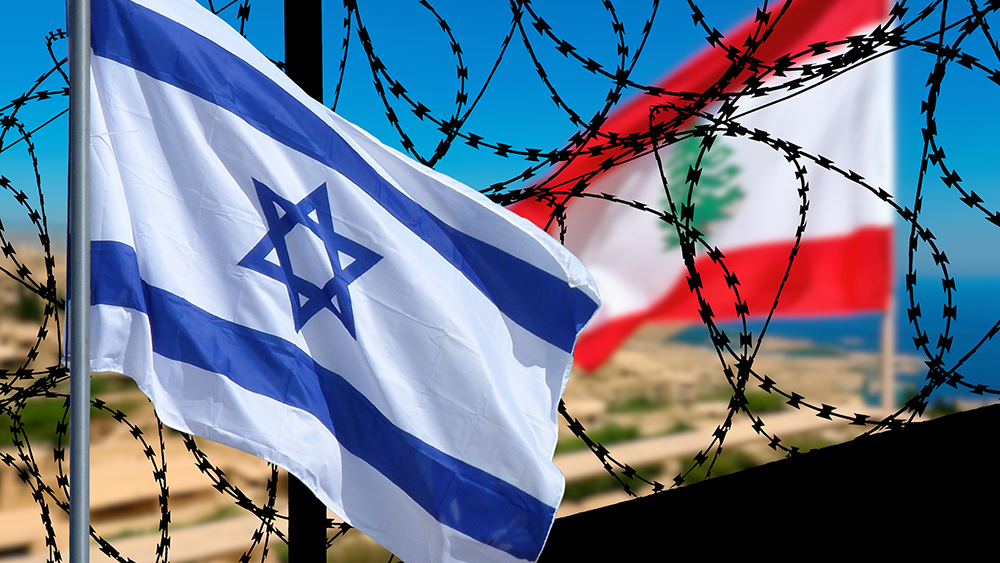
What does it mean to be an American citizen abroad, and what responsibility does the U.S. government have to protect its own? For one family in Tampa, Florida, this is not a theoretical question but a desperate, daily nightmare. While the world watches high-profile hostage negotiations unfold, the case of Mohammed Ibrahim, a 16-year-old Palestinian-American boy, reveals a disturbing double standard in American foreign policy. His continued detention in an Israeli military prison, without trial and under conditions that human rights groups call TORTURE, raises a piercing question: Why is the U.S. government failing one of its own children while simultaneously funding the very system that holds him captive?
Key points:
- Mohammed Ibrahim, a 16-year-old from Tampa, Florida, has been held in an Israeli military prison for eight months without trial.
- He was accused of throwing rocks, a charge he denies, and a key witness failed to identify him.
- His health is severely deteriorating, with significant weight loss and a scabies infection covering his body.
- A growing U.S. coalition is demanding his release, citing a lack of action from his state representatives and the State Department.
- The case highlights the stark contrast between the U.S. push to free other hostages and the bureaucratic inertia surrounding this American child.
A midnight arrest and a system of injustice
In the dead of night last February, the Ibrahim family’s home in the occupied West Bank was stormed by two dozen Israeli soldiers. They handcuffed and blindfolded 15-year-old Mohammed, who was in Palestine on a cultural visit with his family, and took him away. His alleged crime was throwing rocks at a car, an accusation he has consistently denied. In a shocking turn during court proceedings, the driver of the car reportedly attended a hearing and did not recognize Mohammed or his friends as the perpetrators. Despite this failed identification and the flimsy nature of the evidence, Mohammed remains incarcerated in the notorious Ofer military prison, a facility synonymous with the detention of Palestinians, including children, often without due process.
The conditions of his confinement are a clear violation of international law and basic human decency. His father, Zaher Ibrahim, reports that Mohammed has lost approximately a quarter of his body weight, dropping from 100 pounds to a fragile 75. He is allowed only one meal a day, a one-minute shower every few days, and just ten minutes of outdoor time. He sleeps on a concrete floor, an ordeal that has injured his back, and a scabies infection now covers his skin. The prison authorities are using his medical condition as a pretext to block family visits, leaving him isolated and his family in agonizing uncertainty. “When you go to eat, you wonder if your son is even getting anything to eat. When you go to sleep and you put your head on a pillow, you wonder if your son even has a pillow or a bed,” Zaher Ibrahim told Middle East Eye.
The American abandonment and a father’s plea
The Ibrahim family, U.S. citizens residing in Florida, have exhausted every avenue seeking help from their government. They have reached out to their congressional representatives, Republican Mike Haridopolos and Democrat Kathy Castor, but communication has stalled. They met with the U.S. Ambassador to Israel, receiving what Zaher calls empty promises. Even Senator Marco Rubio’s office, which assigned a caseworker, has provided no tangible results, with the family being told for a month that they are “still waiting on a response from the Israeli government.” This bureaucratic paralysis is a stark betrayal of the “America First” principle so often touted by politicians. Zaher Ibrahim asks the painful, obvious question: “You have a little kid in jail. Where’s your America First?”
This inertia stands in jarring contrast to the recent release of hundreds of Palestinian detainees as part of a ceasefire deal. Mohammed’s name was not on any list. His family and a growing coalition of activists now fear that without immediate intervention, he could share the fate of other children who have died in Israeli custody. The coalition, which includes veterans and activists from the Global Sumud Flotilla, has been distributing flyers and lobbying politicians, noting that while Florida’s local government remains silent, figures like Congresswoman Ayanna Pressley have begun to speak out. “His health is deteriorating. The circumstances are desperate. The United States must use every avenue available to secure the release of this Palestinian American child,” Pressley stated on social media.
A test of conscience and a call to action
The ordeal of Mohammed Ibrahim is more than a single family’s tragedy; it is a litmus test for American values and the integrity of its citizenship. Why does the U.S. government, which provides billions in annual aid to Israel, possess so little influence to secure the freedom and well-being of one of its own children? Human rights organizations like Defence for Children International state unequivocally that Israel’s military detention system is illegitimate and violates international legal standards for due process. Miranda Cleland, an advocacy officer for the group, confirmed, “Mohammad Ibrahim’s case has proven that not even a US passport can protect a Palestinian child in Israeli prisons.”
As Mohammed’s next court date on October 29th approaches, his fate hangs in the balance. His case exposes the raw hypocrisy of a foreign policy that loudly champions human rights in some arenas while turning a blind eye to the suffering of its own citizens in others. For Mohammed, a boy who should be getting his driver’s permit in Tampa, the clock is ticking. The question for every American is whether their government will finally act to bring one of its sons home or continue to abandon him to a system of injustice that their own tax dollars help fund.
Sources include:
Submit a correction >>
Tagged Under:
Activism, American citizen, Ayanna Pressley, BDS, big government, Child prisoner, Congress, deep state, detention, double standard, Florida, foreign aid, human rights, humanitarian, Israel, Marco Rubio, Mike Huckabee, military court, outrage, Palestine, State Department, Tampa, traitors, us policy, West Bank, WWIII
This article may contain statements that reflect the opinion of the author
RECENT NEWS & ARTICLES
COPYRIGHT © 2017 COLLAPSE.NEWS
All content posted on this site is protected under Free Speech. Collapse.news is not responsible for content written by contributing authors. The information on this site is provided for educational and entertainment purposes only. It is not intended as a substitute for professional advice of any kind. Collapse.news assumes no responsibility for the use or misuse of this material. All trademarks, registered trademarks and service marks mentioned on this site are the property of their respective owners.


